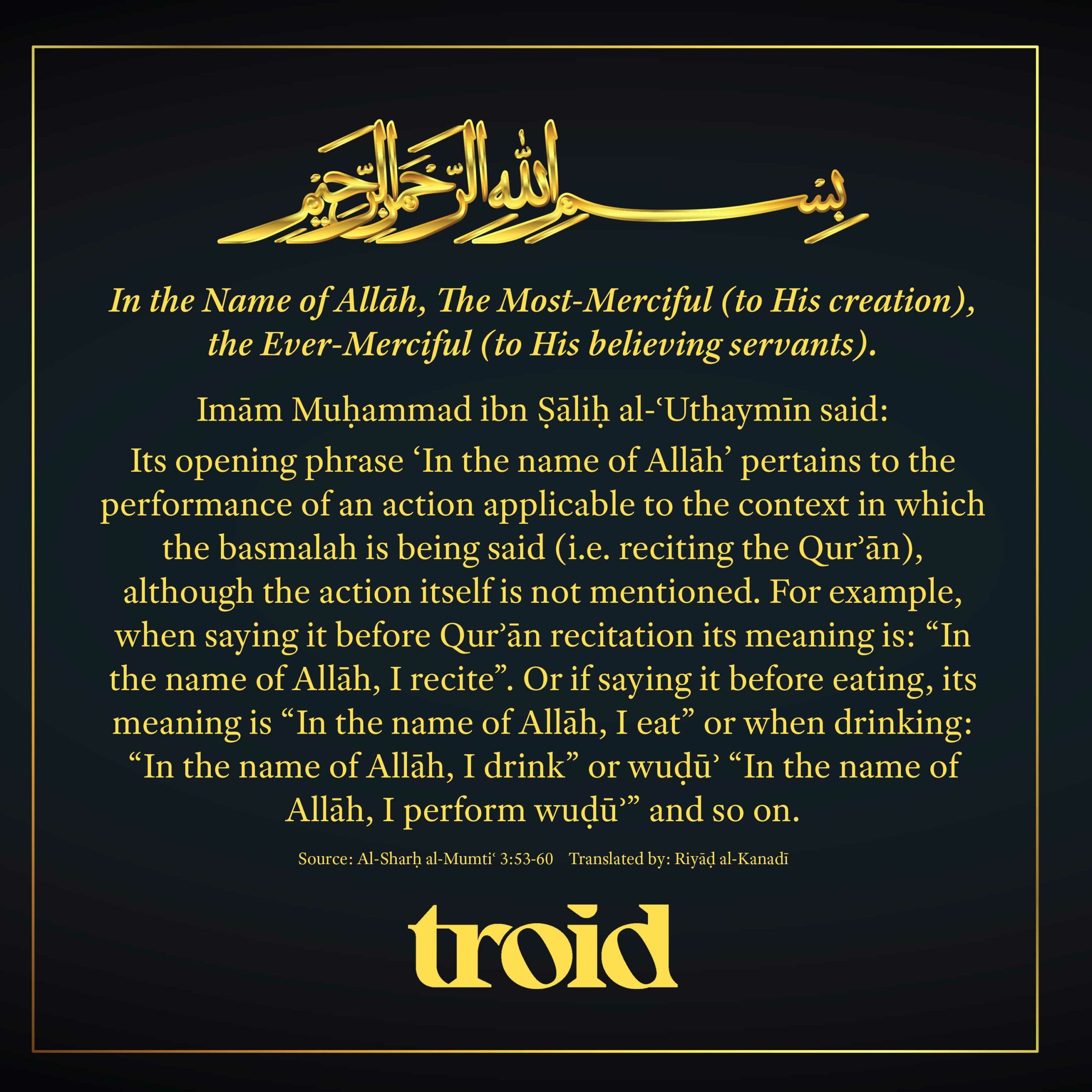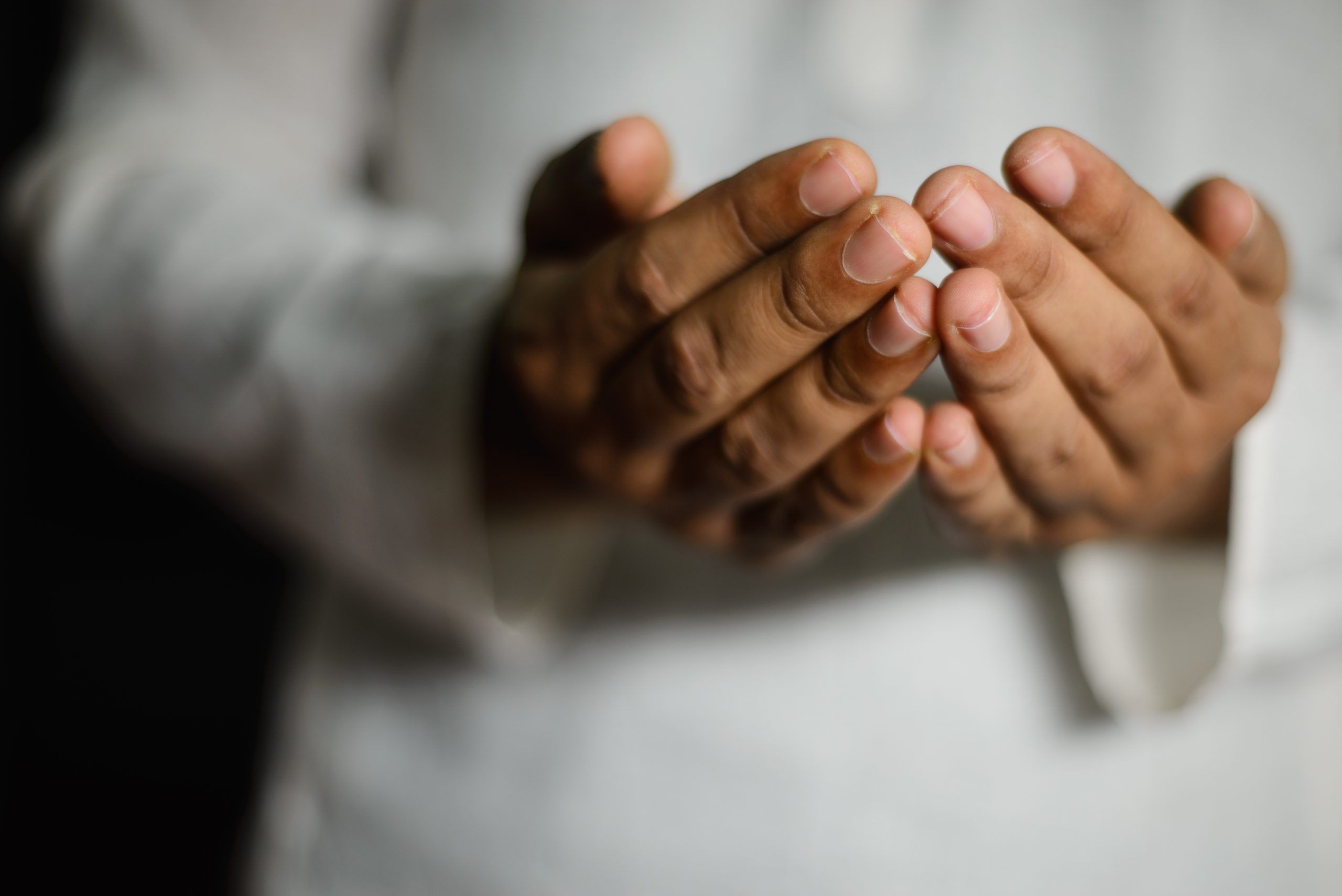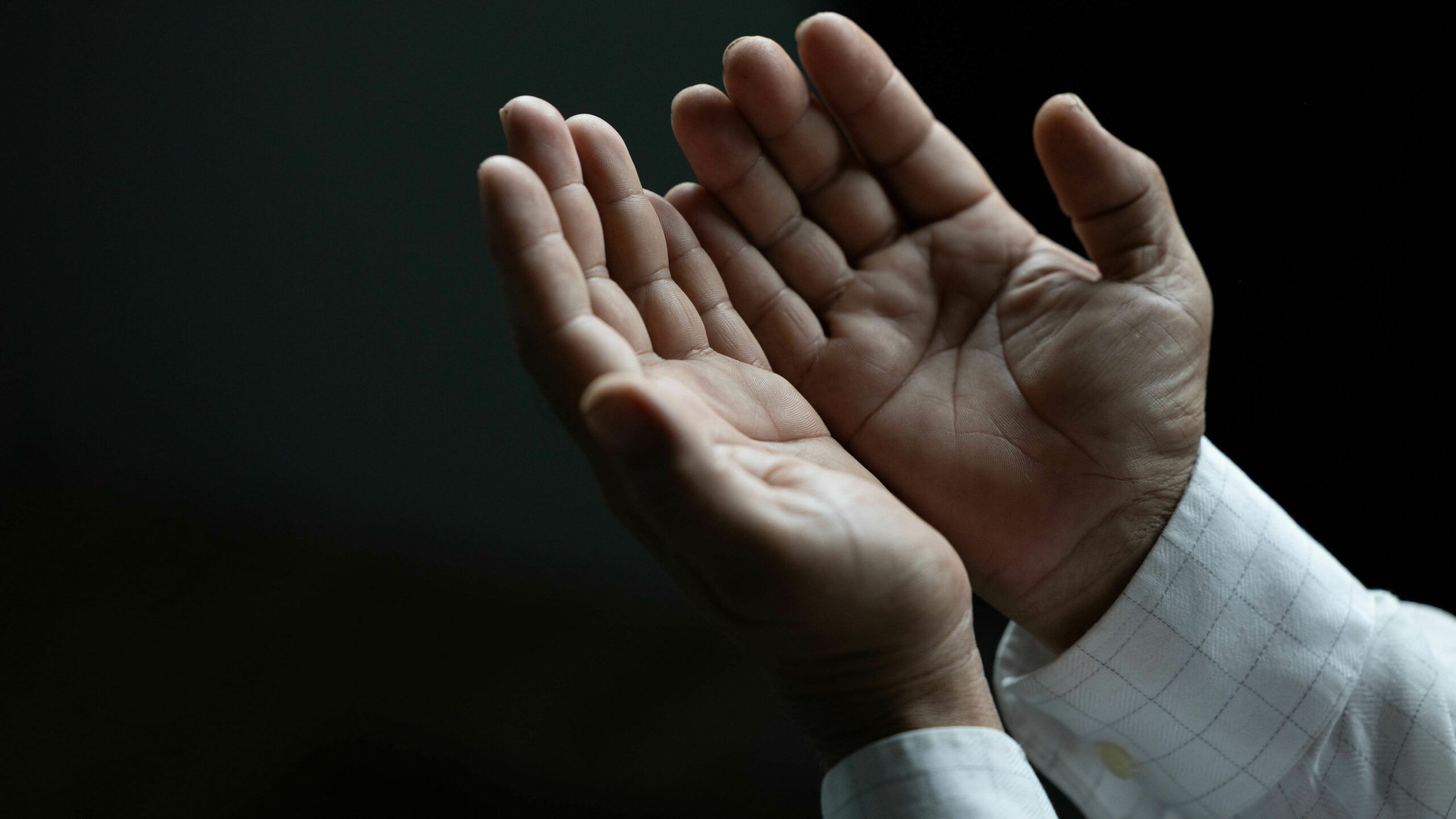Tag: Duʿāʾ and Dhikr
Legislated Forms of Ruqyah
[Q]: Is it permissible for a Muslim to perform ruqyah on himself using his own breath by reciting and ejecting spittle into water?
[A]: When the Prophet (صلى الله عليه وسلم) felt sick, he would recite Sūrah al-Ikhlāṣ, and the Muʿawwidhtayn [Surah al-Falaq and Surah al-Nās], then eject spittle into his two hands three times, rubbing whatever parts of his body he could reach after every recitation. He (صلى الله عليه وسلم) would do so before sleeping, starting with his head, face and chest. This was narrated to us by Āʿishah (رضي الله عنها) in an authentic ḥadīth.1
Also, Jibrīl (عليه السلام)...
The Prerequisites of Remembrances and Invocations Used in Ruqyah
[Q]: The various remembrances and invocations represent the weapons of every believer. Are there any prerequisites for the use of these weapons?
[A]: Yes, among the greatest of its prerequisites is that one says them while harbouring trust in Allāh, believing in the truthfulness of Him and His Messenger (صلى الله عليه وسلم). Having īmān that Allāh is the Truth and His speech is completely true. Then, a person must say them sincerely for the sake of Allāh, according to the sunnah of His Messenger (صلى الله عليه وسلم), possessing true faith that he (صلى الله عليه وسلم) has delivered the truth...
The Invocation of the Prophet (ﷺ) Which Combines the Best Aspects of this Life and the Hereafter
Narrated by ʿAmmār ibn Yāsir (رضي الله عنه) – The Messenger of Allāh (صلى الله عليه وسلم) used to invoke Allāh with:
اللَّهُمَّ بِعِلْمِكَ الْغَيْب، وَقُدْرَتِكَ عَلَى الْخَلْق، أَحْيِنِي مَا عَلِمْتَ الْحَيَاةَ خَيْرًا لِي، وَتَوَفَّنِي إِذَا كَانَتِ الْوَفَاةُ خَيْرًا لِي، وَأَسْأَلُكَ خَشْيَتَكَ فِي الْغَيْبِ وَالشَّهَادَة، وَأَسْأَلُكَ كَلِمَةَ الْحَقِّ فِي الْغَضَبِ وَالرِّضَى، وَأَسْأَلُكَ اْلْقَصْدَ فِي الْفَقْرِ وَالْغِنَى، وَأَسْأَلُكَ نَعِيمًا لَا يَنْفَد، وَأَسْأَلُكَ قُرَّةَ عَيْنٍ لَا تَنْقَطِع، وَأَسْأَلُكَ الرِّضَى بَعْدَ الْقَضَاء، وَأَسْأَلُكَ بَرْدَ الْعَيْشِ بَعْدَ...





